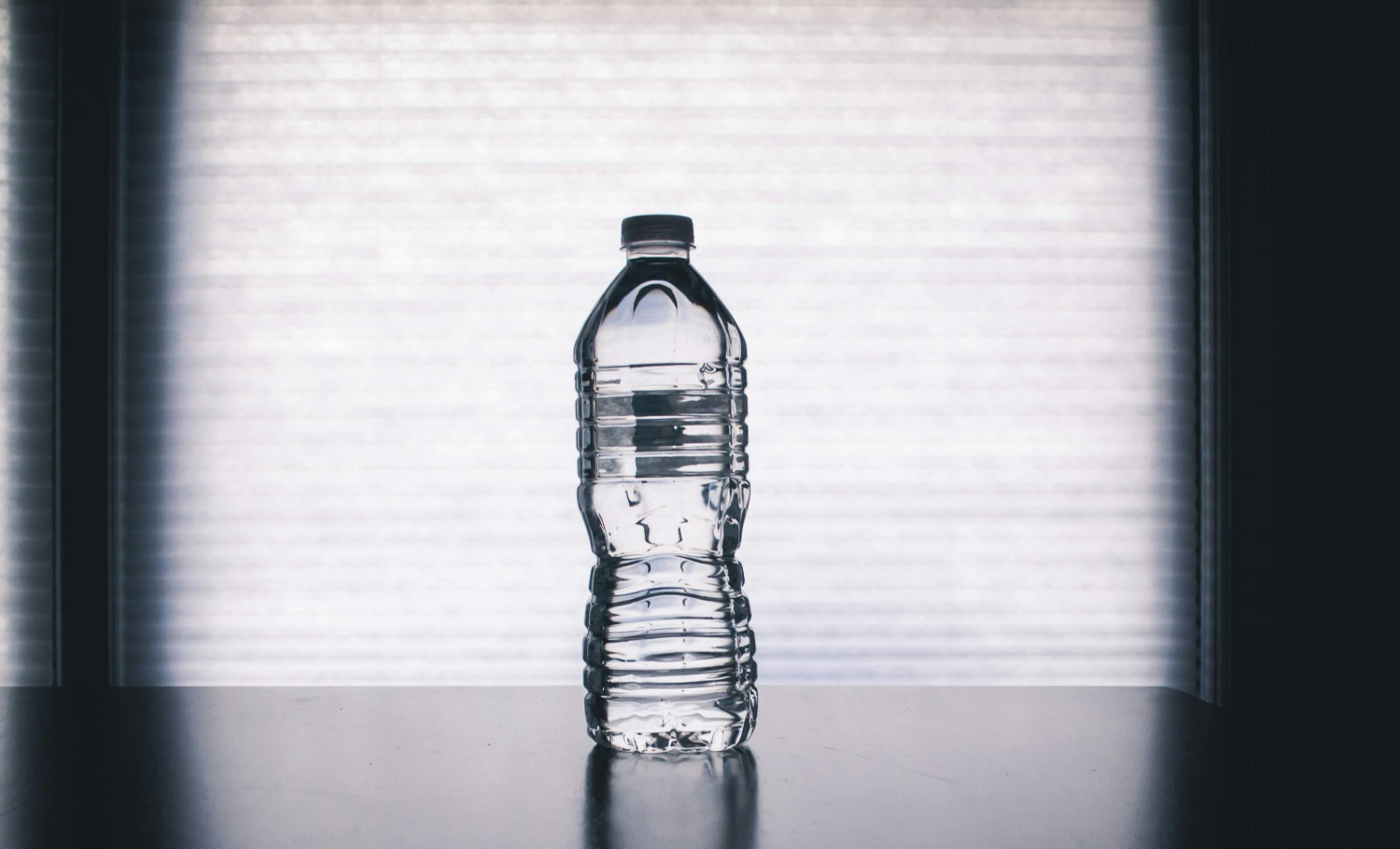It’s been nearly a month since Hurricane Helene flooded western North Carolina, devastating Asheville and the surrounding area, and just two weeks since Milton hit Florida.
The national media may have moved on from both. But the workers affected by these disasters haven’t―and we won’t, either. It’s crucial that we continue to support the workers most impacted by Helene and Milton.
Even a month after Helene, schools in the area haven’t fully re-opened, and the drinking water still isn’t drinkable. So for a community like Asheville, where many livelihoods depend on fall tourism, the future is uncertain at best.
What do you do when you’re already living paycheck to paycheck when disaster strikes? When you’re living on the edge and your home is swept away? When your city becomes unrecognizable, your livelihood disappears, and you can’t afford to stay or go?
For many service workers in these areas, it’s an impossible situation.
That’s why Coworker Solidarity Fund and members of the Union for Southern Service Workers have joined together to create a worker-led emergency relief fund providing cash stipends for low-wage workers impacted by hurricanes Helene and Milton. Workers can use their stipends to address critical needs like housing, food, healthcare, and more.

While the rest of the world keeps going, Florida and North Carolina residents are fighting to piece together the basics of life: water, food, shelter, communication.
For service workers in those areas, the situation is even more dire. For many already facing low wages and working multiple jobs, the restaurant and tourism industry that employed them is gone. Unemployment, if you can get it, doesn’t pay enough to cover the basics.
Solidarity is what neighbors turn to when disaster strikes. One Asheville resident we talked to told us:
“I’ve been blown away by how overnight everyone’s instincts kicked in and were all just like, okay, how do we help our neighbors? How do we help each other? I had extra water. I was giving that to neighbors. My neighbors gave me fresh veggies because we had no fresh vegetables to eat. A neighbor hooked up a generator to a charging station so people could charge their devices on the curb. And that was happening in every neighborhood. This disaster has taught me that our greatest strength is in our communities and in one another.”
In solidarity,
The Labor Force

